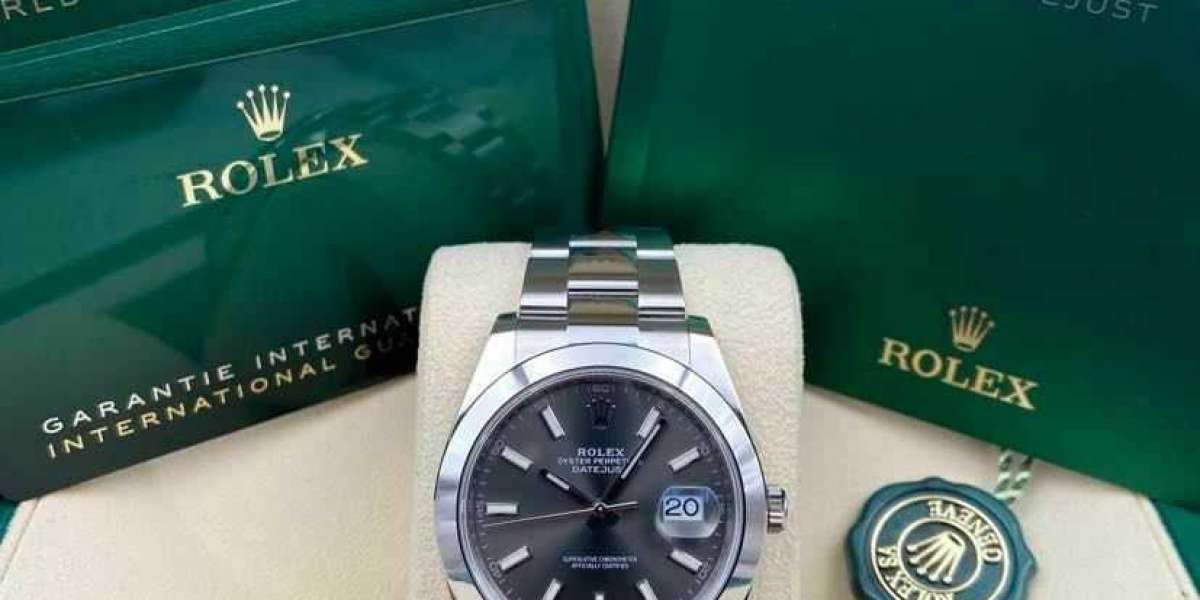Introduction
The marketplace for luxury watches is a lucrative one, with brands like Rolex commanding excessive costs as a result of their reputation for quality and craftsmanship. Nonetheless, not everybody can afford an authentic Rolex watch, leading some people and businesses to promote faux or replica variations at a fraction of the price. But is it authorized to sell these counterfeit timepieces? This text will discover the ethical and legal concerns surrounding the sale of faux or replica Rolex watches.
Moral Concerns
From an moral standpoint, promoting pretend or replica Rolex watches can be seen as dishonest and deceptive. Shoppers who purchase these counterfeit items might consider they're getting a excessive-quality product when in reality, they're shopping for a knock-off. This will lead to disappointment and a loss of trust in the vendor. Furthermore, counterfeit goods often fund criminal organizations and contribute to a black market economic system, which might have unfavorable social implications.
In addition, the sale of faux or replica watches can harm the repute of the unique model. Rolex has constructed a robust brand image through the years, and the presence of counterfeit variations available in the market can dilute the exclusivity and prestige associated with proudly owning a real Rolex intime watch replica. This can ultimately impact the model's profitability and standing within the luxurious watch industry.
Legal Issues
While the sale of faux or replica Rolex watches is unethical, it is usually illegal in lots of jurisdictions. Rolex holds trademarks and copyrights for its designs and logos, which are protected by intellectual property laws. Promoting counterfeit objects that infringe on these rights can result in legal motion, together with civil lawsuits and criminal expenses. In the United States, for example, the Lanham Act prohibits the sale of counterfeit items and allows trademark homeowners like Rolex to hunt damages and injunctions towards infringing parties.
Along with mental property laws, selling counterfeit watches also can violate shopper safety legal guidelines. Many international locations have rules in place to protect consumers from misleading commerce practices, reminiscent of false promoting and fraud. Promoting faux or replica Rolex watches without disclosing their true nature might be thought of a type of fraud, exposing sellers to legal consequences.
Penalties for Promoting Pretend Rolex Watches
The penalties for promoting fake Rolex watches can vary relying on the jurisdiction and the particular circumstances of the case. In some international locations, promoting counterfeit goods is punishable by hefty fines and imprisonment. Within the United States, for example, individuals convicted of trafficking in counterfeit items can face up to 10 years in prison and fines of as much as $2 million for firms.
In addition to criminal penalties, sellers of fake Rolex watches might even be subject to civil lawsuits filed by the trademark proprietor. Rolex has a legal workforce devoted to imposing its intellectual property rights and combating counterfeiting. The company actively pursues authorized motion towards sellers of faux Rolex watches, seeking damages for misplaced sales and hurt to its brand repute.
Conclusion
In conclusion, the sale of pretend or replica Rolex watches is a posh situation with moral and authorized implications. While it may be tempting to buy a knock-off model of a luxury watch at a discounted price, consumers should bear in mind of the dangers associated with shopping for counterfeit goods. Sellers of faux Rolex watches ought to even be conscious of the potential legal consequences of their actions. In the end, one of the best plan of action is to help genuine manufacturers and products, and to respect the mental property rights of others.






